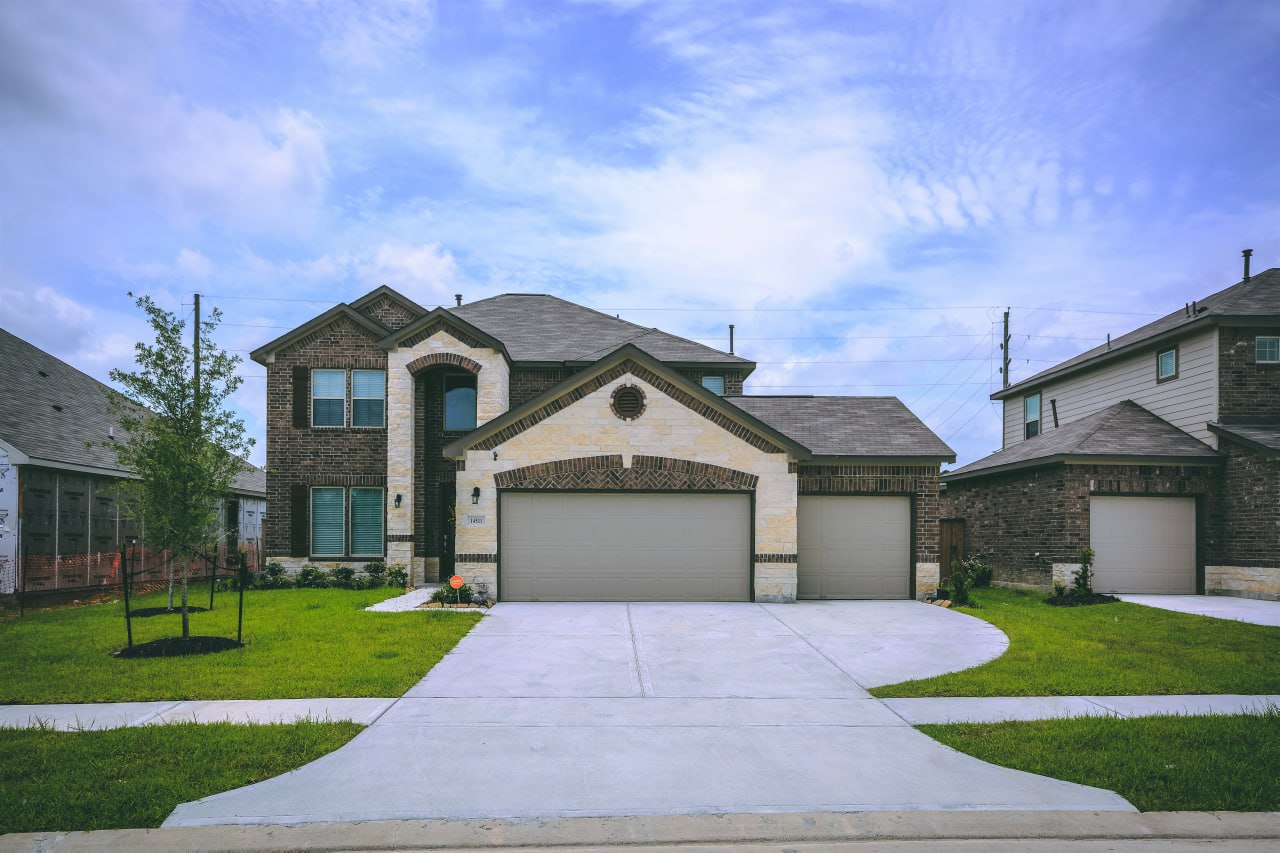
Adapting to Climate: Choosing the Right Concrete for Your Environment Nov 16, 2025
Concrete is a versatile and resilient building material, but not all concrete is created equal. The first consideration when selecting the right concrete mix is the local weather patterns and climate conditions. Different environments pose different challenges for concrete structures, especially in terms of moisture levels, temperature fluctuations, and exposure to chemicals or deicing salts.
In areas with harsh winters, such as the northern regions, freeze-thaw cycles can be particularly damaging. Concrete in these areas must be formulated to resist cracking and spalling, which occurs when water penetrates the concrete, freezes, and expands, causing the surface to chip away. Air-entrained concrete is an excellent choice for such climates as it contains tiny air bubbles that permit water expansion without damaging the structure.
Conversely, in hot and dry climates, concrete is subjected to high temperatures that can lead to rapid evaporation of moisture. This can cause the concrete to set too quickly, leading to cracks and weak spots. In such environments, it's advisable to use concrete with a retarder, which slows down the curing process, allowing adequate time for moisture retention and hydration.
Humidity levels are another critical factor to consider. In humid climates, concrete must be resistant to mold and mildew. This can be achieved by using a mix that includes supplementary cementitious materials like fly ash or slag cement, which help improve concrete's resistance to moisture-related issues.
Beyond the climate, the specific use case of the concrete structure also matters. For example, if the concrete will be exposed to chemicals or salts, such as in a driveway or sidewalk, it should be treated with a sealer to protect against corrosion and surface degradation.
At Chris Falcone Concrete, we understand how overwhelming these considerations can be, especially when you’re not an expert in the field. Our team is committed to guiding you through the process, ensuring you select the best concrete mix for your specific environment and project. We emphasize the use of locally sourced materials when possible, not only supporting regional economies but also mitigating environmental impacts related to transportation.
In summary, adapting concrete to suit your specific climate is vital for achieving a durable and enduring result. By taking into account factors like freeze-thaw cycles, temperature extremes, humidity, and exposure to harmful substances, you can choose the most appropriate concrete mix for your needs. At Chris Falcone Concrete, our goal is to provide customized solutions that ensure your structures withstand the test of time, regardless of where they're built.
Contact us today to learn more about our climate-adapted concrete services and how we can assist in making your project a success. Whether you’re building a new home or resurfacing a commercial parking lot, our experts are ready to ensure you have the right concrete for the job.
/filters:no_upscale()/media/b38faf67-af81-43ab-bff9-3325fb327531.png)
/filters:no_upscale()/filters:format(webp)/media/8214fd7d-4d74-4bd9-b6dc-476b726e758a.jpeg)